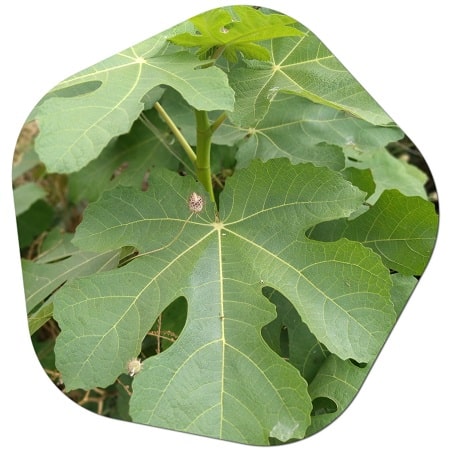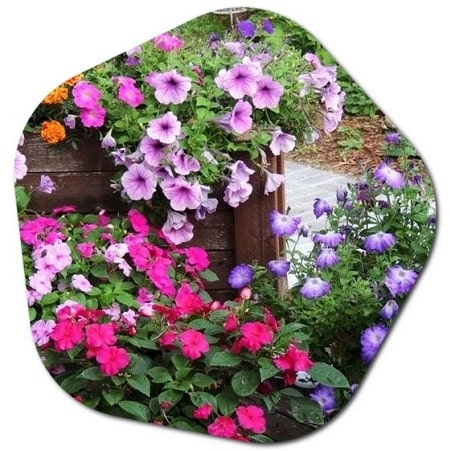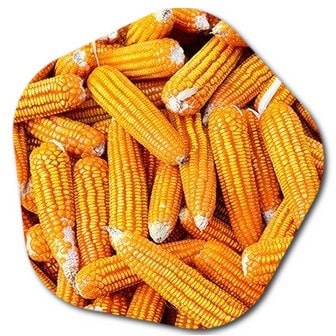Which plants can be grown in Atmore?
Atmore is a city located in Escambia County, Alabama, United States. Here is a brief overview: Location: Atmore is situated in southwestern Alabama, near the border with Florida. It is approximately 50 miles northeast of Mobile, Alabama. Economy: Historically, Atmore economy has been influenced by agriculture, timber, and manufacturing. In recent years, the city has diversified its economic base, with some growth in retail, services, and gaming.
In Atmore, Alabama, the climate is classified as humid subtropical, which allows for the successful growth of a wide variety of plants. Here are some plants that can be grown in Atmore:
- Trees: Southern magnolia, live oak, crepe myrtle, sweetgum, pine, dogwood, red maple, and redbud are common trees that thrive in Atmore.
- Shrubs: Azaleas, camellias, hydrangeas, boxwoods, gardenias, holly, loropetalum, Indian hawthorn, and abelia are popular shrubs that do well in Atmore.
- Flowers: Marigolds, zinnias, petunias, impatiens, salvias, begonias, black-eyed Susans, lantanas, coreopsis, and dianthus are colorful annual and perennial flowers suitable for Atmore’s climate.
- Vegetables: Tomatoes, peppers, okra, sweet potatoes, beans, cucumbers, squash, collard greens, mustard greens, and herbs like basil, thyme, and rosemary can be grown successfully in Atmore’s growing season.
- Fruits: Peaches, plums, pears, figs, blueberries, blackberries, strawberries, and grapes are fruit-bearing plants that can thrive in Atmore.
- Native Plants: Consider incorporating native plants like butterfly weed, Eastern red columbine, black-eyed Susan, switchgrass, beautyberry, and trumpet vine, as they are well-adapted to the local environment and provide ecological benefits.

Remember to consider factors such as sunlight, soil conditions, and water requirements when selecting plants for your specific garden in Atmore. It’s also beneficial to consult with local garden centers, nurseries, or the Alabama Cooperative Extension System for more specific recommendations and gardening tips tailored to the area. All plants growing in Atmore >>
Beehive and potted flowers growing in Atmore
Having a beehive and potted flowers in Atmore can provide beauty to your surroundings while also supporting pollinators like bees. Here are some recommendations for potted flowers and plants that can attract bees and thrive in Atmore:

- Bee-Friendly Flowers: Choose flowering plants that are rich in nectar and pollen, attracting bees to your garden. Some options include:
- Lavender: Fragrant and attractive to bees, lavender produces purple blooms and thrives in well-drained soil.
- Salvia: Different varieties of salvia, such as Salvia officinalis (common sage) or Salvia farinacea (mealy sage), produce beautiful flowers that are highly attractive to bees.
- Bee Balm (Monarda): This plant features vibrant flowers in shades of red, pink, or purple and is a favorite among bees and butterflies.
- Gaillardia (Blanket Flower): These daisy-like flowers come in a variety of colors and are great for attracting bees and other pollinators.
- Lantana: Lantana produces clusters of brightly colored flowers and is known for its ability to attract bees and butterflies.
- Container Plants: Many flowers and plants can be grown in containers, allowing you to create beautiful potted arrangements. Consider using containers of various sizes and styles to add visual interest to your garden. Some container-friendly options are:
- Petunias: These popular annual flowers come in a wide array of colors and can thrive in containers, providing a cascade of blooms.
- Geraniums: Geraniums are classic container plants known for their vibrant flowers and attractive foliage.
- Calibrachoa (Million Bells): These small, bell-shaped flowers come in various colors and make excellent trailing plants for containers.
- Verbena: Verbena produces clusters of colorful flowers and can spill over the edges of containers, creating a lovely trailing effect.
- Bacopa: Bacopa is a trailing plant with delicate white or blue flowers that can thrive in hanging baskets or containers.
Ensure that your potted flowers receive appropriate sunlight, water, and soil conditions for optimal growth. Remember to choose pots with good drainage and use a quality potting mix. Providing a water source nearby, such as a shallow birdbath or small dish with water and stones, can also benefit the bees.
Agricultural crops suitable for Atmore’s climate
Atmore’s climate in Alabama is favorable for the cultivation of various agricultural crops. Here are some agricultural crops suitable for Atmore’s climate:

- Peanuts: Peanuts are a popular crop in the region and can thrive in Atmore’s warm and sandy soil conditions. They require a frost-free growing season and well-drained soil.
- Cotton: Cotton is well-suited to Atmore’s climate. It requires a long, hot growing season and well-drained soil. Cotton is a major cash crop in the area.
- Soybeans: Soybeans are a versatile crop that can adapt well to Atmore’s climate. They prefer warm temperatures and well-drained soil. Soybeans are grown for both animal feed and various industrial purposes.
- Corn: Corn is a staple crop in many agricultural regions, including Atmore. It requires warm temperatures and fertile soil. Corn can be grown for animal feed or human consumption.
- Peaches: The warm climate of Atmore is favorable for growing peaches. Peaches require a certain number of chill hours during winter, followed by warm temperatures during the growing season. They thrive in well-drained soil.
- Pecans: Pecan trees are well-suited to Atmore’s climate. They require a long growing season and well-drained soil. Pecans are a valuable nut crop and can be commercially grown in the region.
- Blueberries: Blueberries are a popular fruit crop in Atmore. They prefer acidic soil conditions and require well-drained soil. Blueberries have a relatively short growing season and can be cultivated successfully.
- Muscadine Grapes: Muscadine grapes are well-adapted to the southern climate, including Atmore. They thrive in hot, humid conditions and are tolerant of various soil types. Muscadine grapes are commonly used for fresh consumption, juice, and wine production.
It’s important to consider soil conditions, irrigation needs, and other specific requirements of each crop before planting. Local agricultural extension services or experienced farmers in the area can provide valuable guidance and crop-specific recommendations based on your specific goals and conditions. What native plant species grow in Atmore? >>





